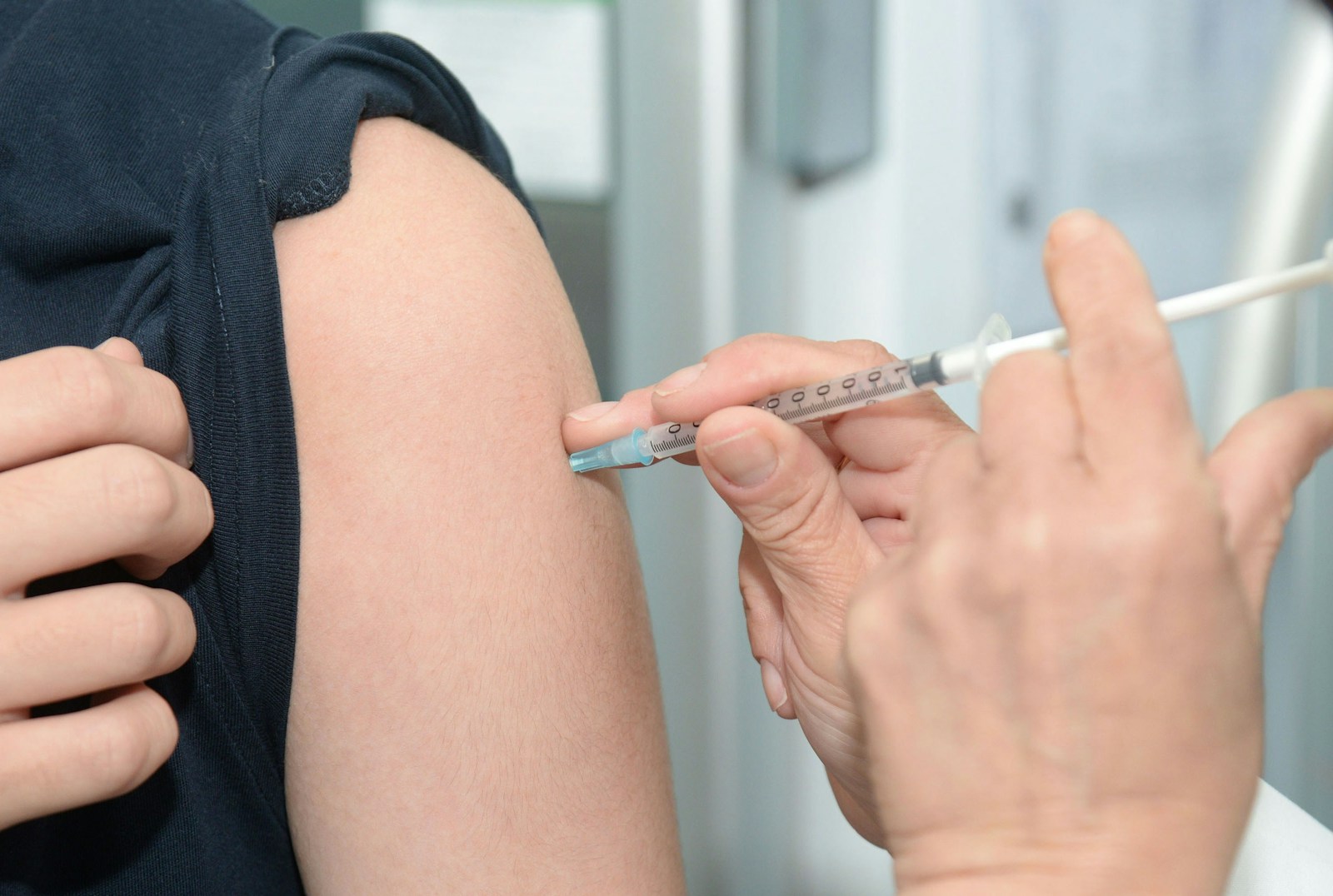
Shingles vaccine is not only crucial for preventing the severe and blistering rash associated with shingles, but new research reveals it may also lower your risk of stroke and heart attack. For millions of adults worldwide, this vaccine represents a dual protection for both skin health and cardiovascular safety.
Shingles is an infection nobody wants. Those who have endured the blistering rash describe the pain as searing, burning, or stabbing, sometimes lingering for months. Severe cases can even turn deadly. Beyond the rash, shingles can cause fever, chills, fatigue, and long-lasting nerve pain affecting vision or hearing.
Data pooled from 19 studies and presented at the world’s largest cardiology conference in Madrid shows that the shingles vaccine could lower your risk of stroke by 16% and heart attack by 18%. This groundbreaking evidence marks the first time a vaccine targeting shingles has shown cardiovascular protective benefits.
Strokes are responsible for one in 20 deaths in the United States. The shingles vaccine may reduce systemic inflammation caused by the varicella-zoster virus, which affects nerve cells and the circulatory system, thereby lowering the likelihood of stroke.
Heart attacks occur every 40 seconds in the United States. The shingles vaccine may reduce the damage to blood vessels caused by systemic inflammation, preventing clot formation and blockages. This protective effect can significantly lower the risk of heart attacks in vaccinated adults.
Charles Williams, lead author of the study and Global Associate Medical Director at GSK, calls the findings “encouraging,” but stresses that more research is needed to separate causality from correlation. Infectious disease specialists like William Schaffner from Vanderbilt University suggest that these findings could persuade more adults to get vaccinated.
According to National Geographic, fewer than one in five adults receive the shingles vaccine as recommended. With stroke and heart attack rates remaining high, increasing vaccination coverage is critical to protect both cardiovascular health and overall well-being.
The U.S. Centers for Disease Control and Prevention recommends that everyone 50 and older receive two doses of the shingles vaccine, marketed as Shingrix. Immunocompromised adults as young as 19 are also advised to get vaccinated. Following these guidelines ensures maximum protection against both shingles and cardiovascular complications.
Scientists are exploring why the shingles vaccine may protect against heart disease. The varicella-zoster virus (VZV), which causes shingles, remains dormant in nerve cells after chickenpox. When immunity declines, VZV can reactivate, causing nerve inflammation that damages blood vessels, increasing stroke and heart attack risk.
Beyond rashes, shingles can affect the liver, lungs, eyes, and inner ear, sometimes causing permanent vision or hearing loss. About 10–15% of patients suffer prolonged nerve pain. The vaccine not only prevents shingles but may reduce these severe long-term effects.
Increasing awareness of the shingles vaccine is essential. With proven benefits for cardiovascular health and quality of life, public education campaigns and proactive healthcare advice can encourage more adults to get vaccinated and prevent serious health events.
Overall, the shingles vaccine offers more than protection from a painful rash. By lowering the risk of stroke and heart attack, it serves as a critical preventive measure for adults, especially those over 50. Consult your healthcare provider today to learn how Shingrix can safeguard your heart, brain, and overall health.
Learn more about vaccination benefits on our Vaccination Benefits Page.
For detailed CDC guidelines, visit the CDC Shingles Vaccine Page.